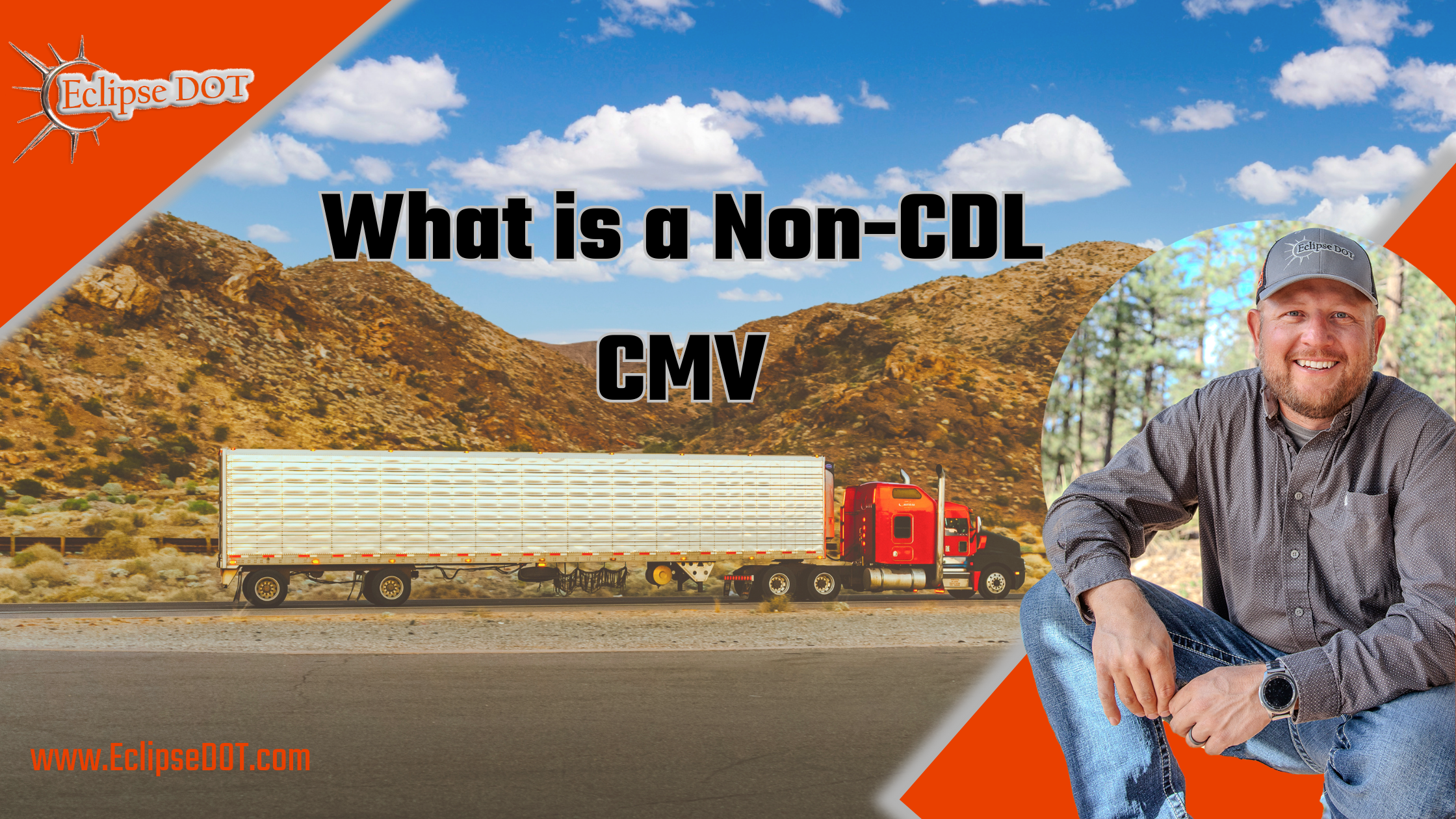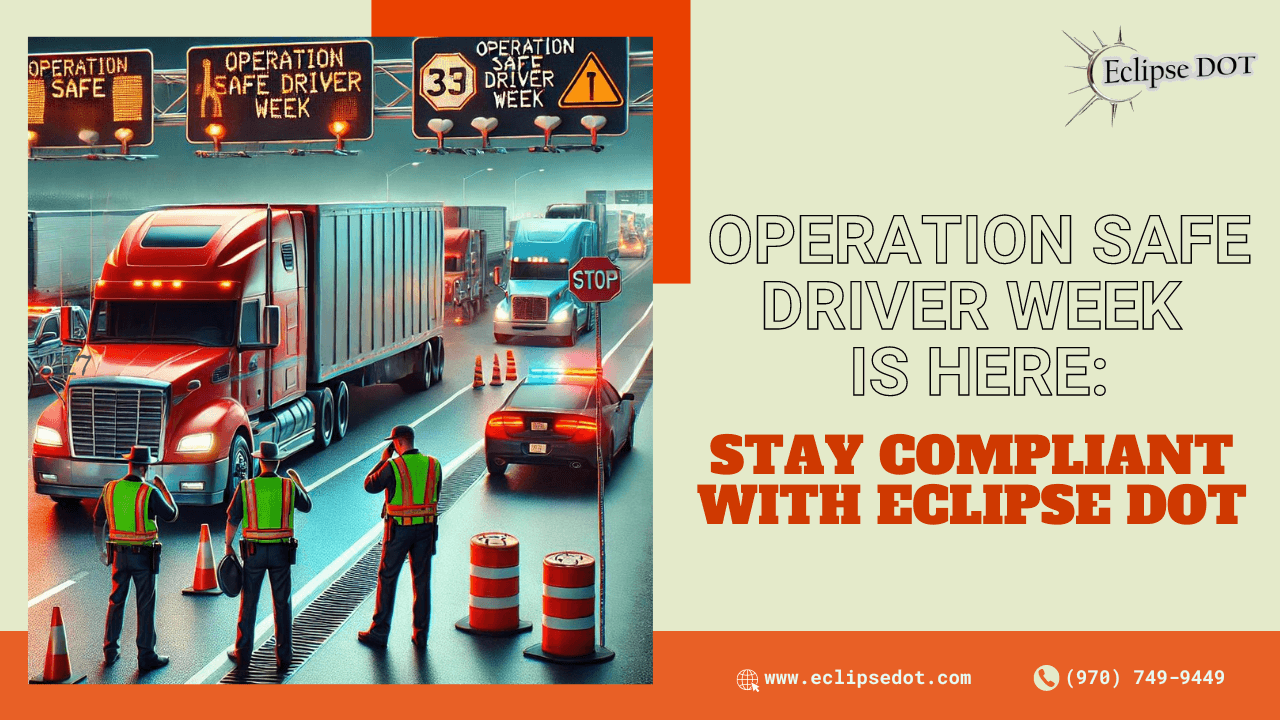What is a Non-CDL CMV?
A good truck driver can’t even spell CDL. Just kidding. — Anonymous
Understanding the Acronyms
Holy cow, that was a ton of acronyms in the first sentence of an article. Lol. Let’s start with what those mean.
CMV = Commercial Motor Vehicle. In layman’s terms, a CMV is any vehicle that crosses state lines and is used in commerce that has a GVWR (gross vehicle weight rating) over 10,000 lbs. Pretty much any vehicle that pulls trailers or is bigger than a ¾-ton pickup.
Note that if you do not cross state lines, there are several states that do not consider a vehicle to be a CMV until it reaches 26,001 lbs.
CDL = Commercial Driver License. A CDL is required to operate any Hazmat vehicle that carries a placardable amount of material, any vehicle with a GVWR over 26,000 lbs, or any vehicle built to transport 16 passengers, including the driver.
Hopefully, that helps clear up some confusion around these terms.
What is a Non-CDL CMV?
A non-CDL CMV is any vehicle that crosses state lines and is used in commerce with a GVWR over 10,000 lbs. Essentially, it’s any vehicle that pulls trailers or is larger than a ¾-ton pickup used for business.
A great example would be a mechanic’s service truck where you work in Louisiana but live in Texas. Let’s say it’s an F550 with a GVWR of 19,500 lbs.
Since its GVWR is under 26,000 lbs, no CDL is required to operate that unit. However, the driver is still considered a CMV driver because the vehicle’s GVWR is over 10,000 lbs and it’s used for interstate commerce. Therefore, you would need to meet all FMCSA requirements as a CMV driver.
Discover our CDL & DOT Compliance blog for an exclusive trial at DOTDocs.com. Also, claim your FREE micro audit at THE ECLIPSE DOT MICRO AUDIT. Ready for smoother operations?





